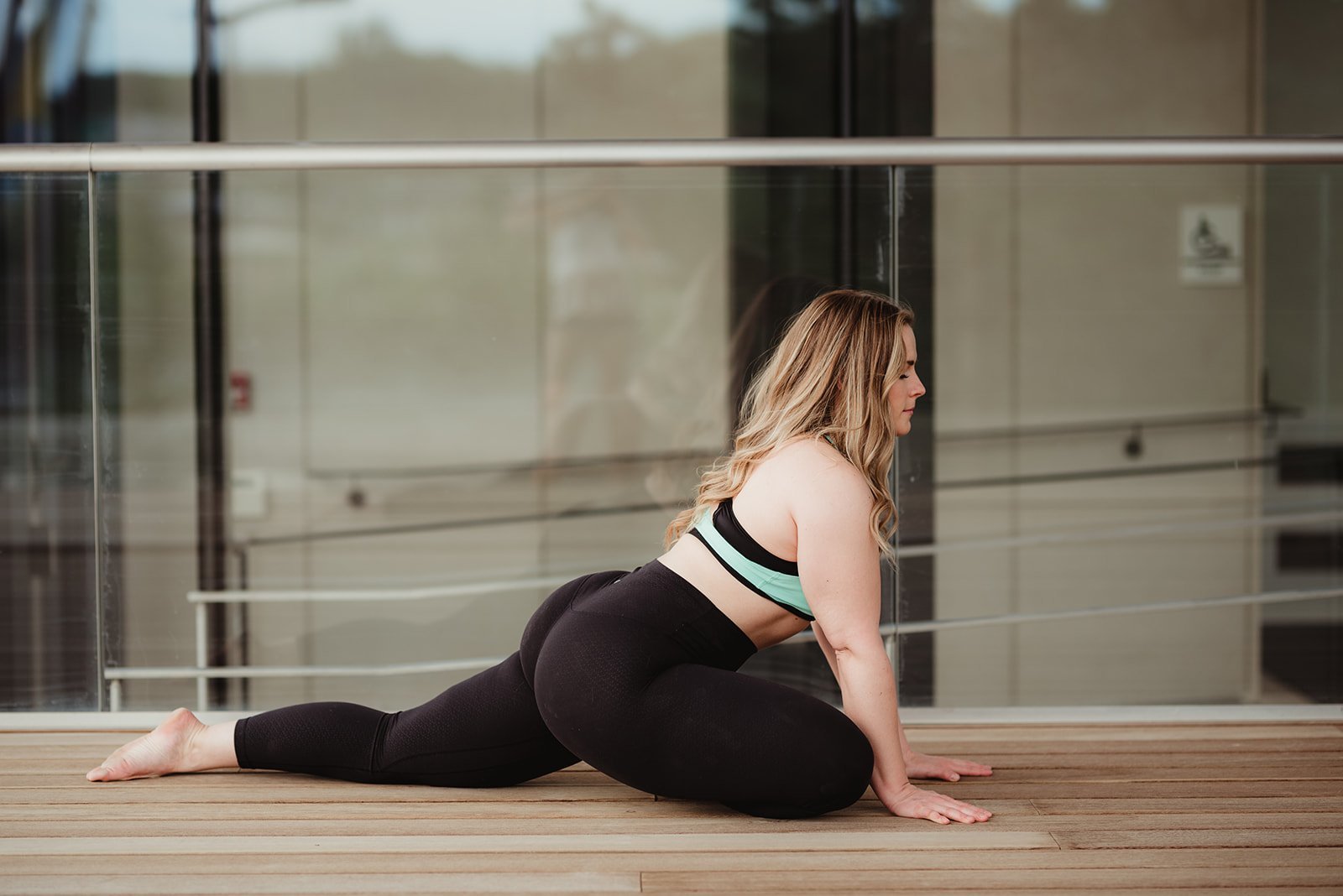Tired, Neglected And Burnt out: When Is It Enough?
How many of us allow time to grieve change? When we switch careers, end/start relationships or experience a loss, these are life transitions. With every transition that flows through us, loss is an inevitable part of that process. With every loss comes grief. We often choose to ignore or rush the grieving stage. Humans often view changes as "welcomed" or "a long time coming". The transition is viewed as necessary for our growth so grief is labelled inadequate. This neglect of our emotions commonly results in feeling tired and burnout.
Despite a change being labeled as positive, what if we told you grief is a necessary part of the process? How different would our lives be if we took the time to feel every loss?
Feeling Tired? Grief May Be Calling…
Grief is an undervalued emotion. It's seen as an inconvenience or comes with the label of weakness. Our society places high value on us appearing that we have our s*** together. To be frank, we believe the time has come to put a stop to this charade. The time has come to acknowledge our grief and the anger/sadness/frustration/hopelessness that might come with it. Instead of rushing into the next chapter, we need to slow down and be present with our emotions.
How many of us have had a major loss occur and used that momentum to make a "healthy" change? Perhaps we were competitive athletes who ended their careers and proceeded to join a CrossFit gym. Instead of grieving the loss, we threw ourselves into a new fitness routine. Fast forward and now we're consistently sore, exhausted or feeling burnt out.
Fitness Is "Therapy"
The above heading will ring true for those that have never committed to therapy. We use this excuse because running our bodies into the ground appears easier than confronting those tough feelings. Anyone who commits to therapy can confirm that exploring oneself is far from the experiences we have at the gym. While fitness is crucial in maintaining mental health, by no means is it a substitute for therapy.
Using Stress To Distract From Stress
Whether we care to admit it or not, exercise is a form of stress. Our mental and physical capacities are stretched when we work out. In a balanced mind and body, this stress is welcome as we have the capacity to handle it. When we use fitness to distract ourselves from our emotions, our regimen can have devastating effects on our well-being.
Let's take a moment to bring this point home with an analogy. Picture a cup with multiple holes of different sizes. These holes represent past traumas and changes, big or small. Imagine therapy and self-discovery as being patches for those holes. We create these patches when we acknowledge and welcome our feelings. When we are working on patching our cup, we are able to fill it with more water. This water is our lifeblood, it's our way to happiness and peace. Now let's picture fitness as water. If our cup has balance with solid patches, fitness can fill it up. If our cup still has gaping holes, water will continue to escape no matter how much fitnessing we do.
Neglected Recovery: Rest Is A “Reward”
Taking rest days is an unpopular opinion among the CrossFit community. We would like to change that way of thinking. Our bodies are beautiful creations that thrive on rest as much as fitness. Rest is an essential part of peak performance. Additionally, recovery is crucial in reducing our risk of injury. With rest, not only do our muscles have time to repair but they become stronger, faster and more powerful. Furthermore, without rest, our nervous systems spend long periods of time in a stress response state. We need to stop viewing recovery as something to earn as our bodies cannot hope to thrive without it.
Where Are We Rushing To?
"I have to get somewhere".
"I need to be someone".
"If I don't do this in the next year then I never will".
The above statements are so common in our frantic culture. We are always rushing whether it's to work, appointments or life goals. If we do finish something, instead of satisfaction, we move on to the next thing to train or push for. When does this cycle end? When are we going to welcome stillness and happiness? What if we said the journey to these accomplishments is the reward. What if we told you by rushing through life to "get somewhere", we are missing the entire point.
As we move through life, it's vital we take the time to feel out and experience any transitions. Even though moving onto something new might feel "right", grieving the loss that comes before is crucial to healing. Many of us feel that if a transition is the correct move that we must get there yesterday. While we encourage growth, we want to emphasize the importance of grieving the end of a chapter.
Take a moment to visualize reading a book. Would we skip the last page of every chapter because we want to get to the next one? No, we would not. We would read every word in that chapter to understand the story - no matter how painful it might be. Why should our lives be any different from this?
I Realize I Am Burnt Out, Where Do I Go From Here?
We encourage everyone to come out to the CanWest Games in Coquitlam, B.C. on July 15-17. On July 15 and 16, I will be doing education talks on stress, life transitions and nervous system regulation. If any of today's blog resonates with you, I encourage you to come out to the discussion to educate yourself further to make real, long-lasting changes to your life. I will be in physical form in an education booth where we can chat one on one as well. You can also take this time to join the MVMNT. Start your FREE seven-day trial by clicking here and discover the priceless tools we offer to start living better today.
I hope to see all your bright and beautiful faces in July!
Are you sleeping for AT LEAST seven hours every night? Do you wake up feeling rested, rejuvenated and ready to tackle the day? If you answered “no” to either of these questions, I encourage you to check our previous blog, “Poor Sleep: The Abuse No One Is Talking About”.





